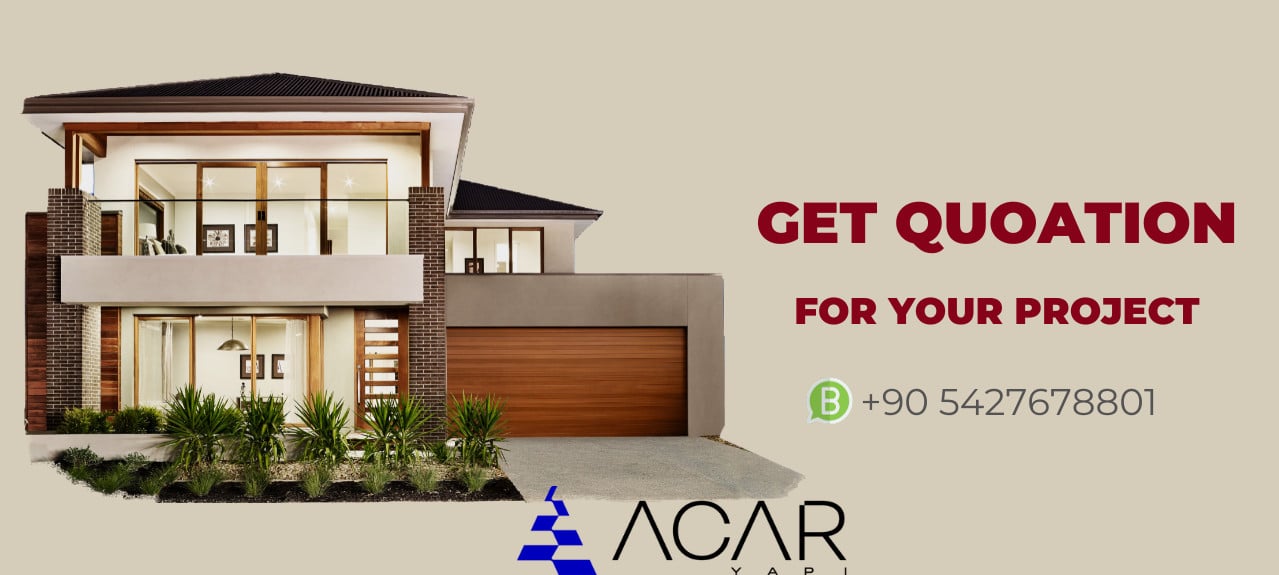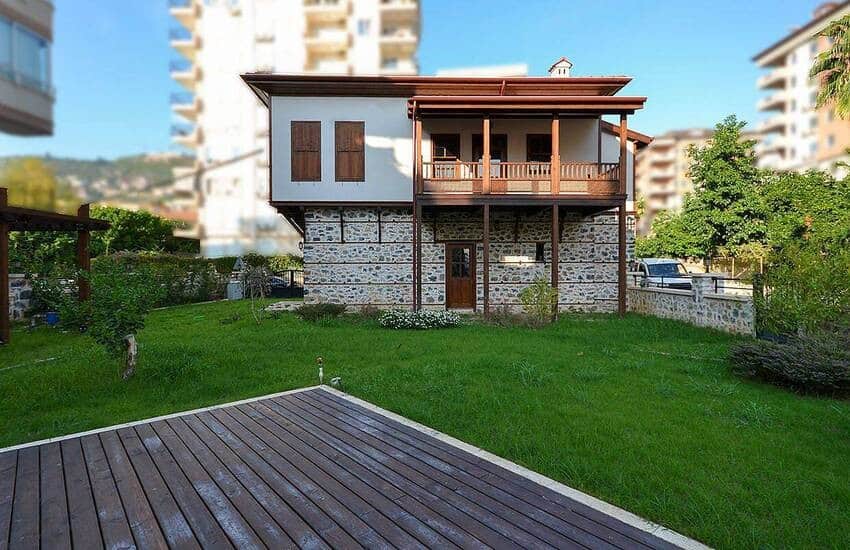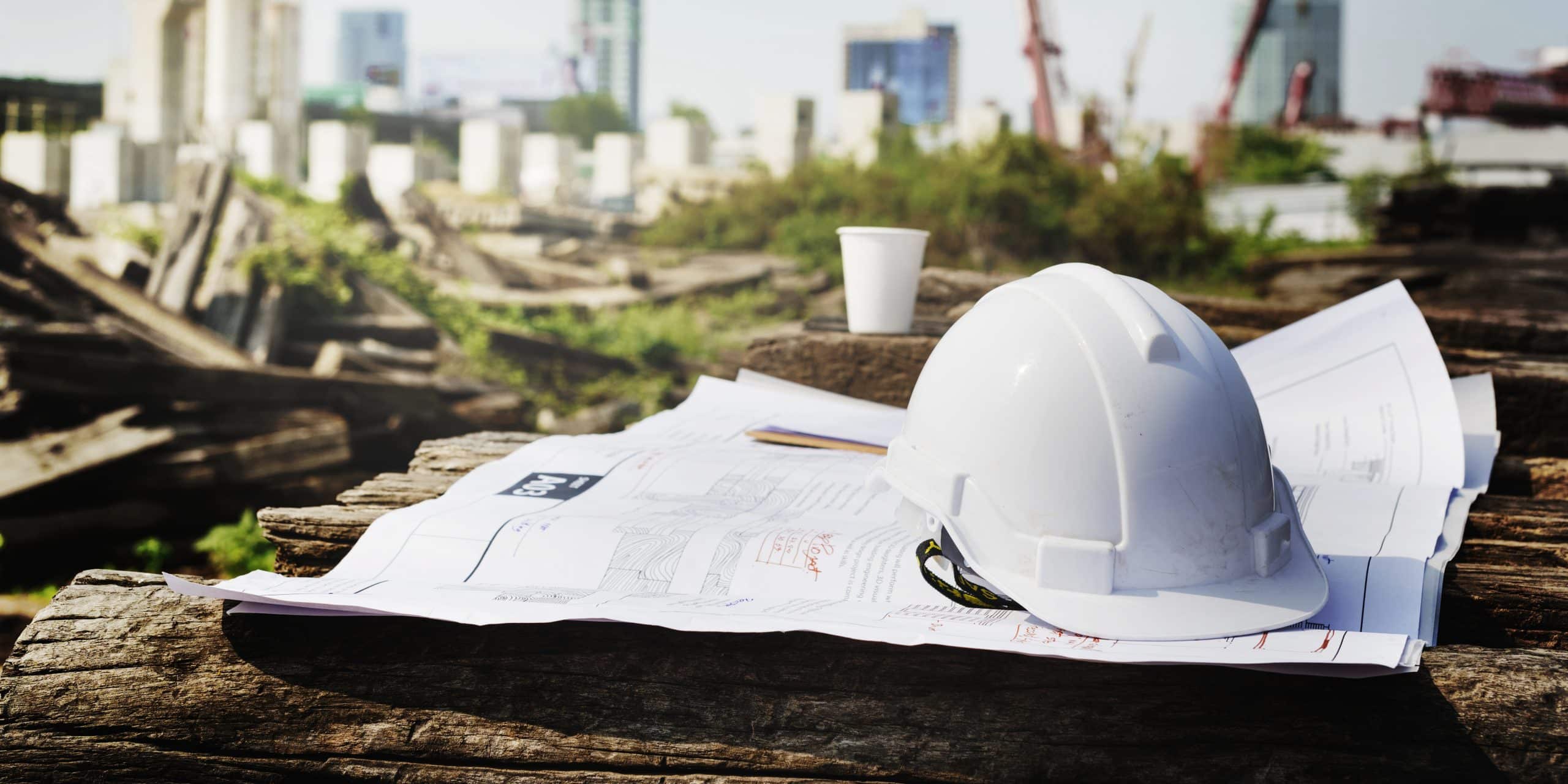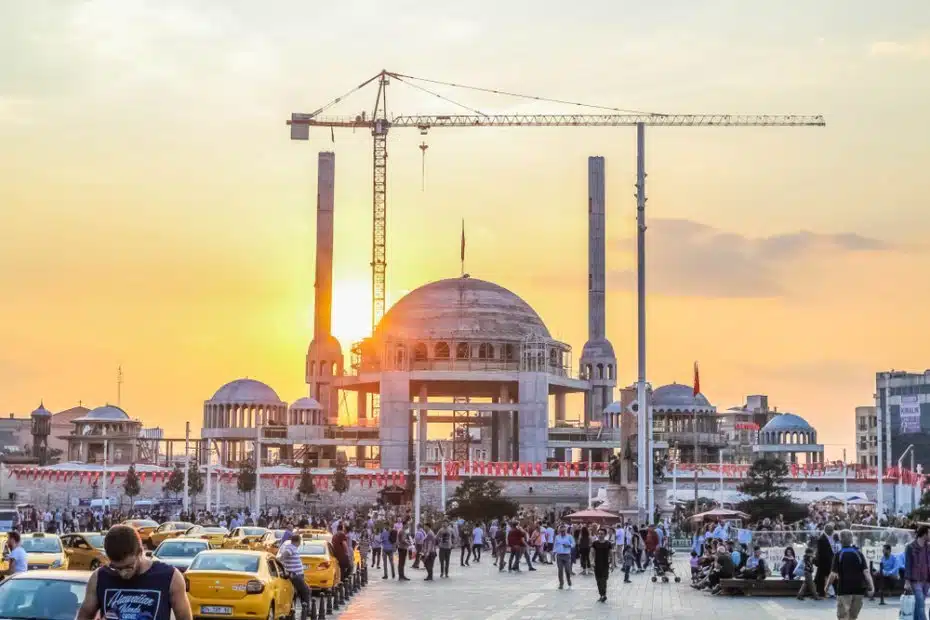Turkey is a favored destination for foreigners looking to purchase and build homes especially in attractive coastal cities such as Antalya. Antalya has a rich history, beautiful beaches, mild weather and friendly people making it a perfect place for house construction in Antalya.
This guide provides an introduction into how to undertake house construction projects in Turkey, right from location selection, cost estimation, permits acquisition and hiring builders to the finalizing of interior décor and furnishing.
Selecting a Location in Antalya
Antalya is Turkey’s largest city on the Mediterranean coast, known for its beautiful beaches, archeological sites, and luxurious resorts. When building a home in Antalya, some of the most popular neighborhoods and coastal towns for foreigners include:
- Konyaaltı – Antalya’s beach district that offers easy access to the sea. Popular for villas and apartments. Close to shops, restaurants and transportation.
- Lara – Home to many 5-star beach resorts and hotels. Lara offers a lively seaside promenade and dining scene.
- Belek – A beach town with world-class golf courses, beach clubs and upscale hotels. Ideal for golf enthusiasts.
- Kemer – A seaside town with a harbor and yacht marina. Close to ancient sites like Olympos and Phaselis.
- Kaş – A laidback town on the Lycian coast. Offers small beaches tucked into coves. Close to Greek island ferries.
- Kalkan – Charming harbor town with Ottoman Greek houses cascading down to the sea.
When evaluating locations, consider proximity to the beach, views, neighborhood amenities, accessibility and cost. Work with a local real estate agent to find available land or villas for sale in your preferred area.
Land Price in Döşemealtı Antalya
Döşemealtı is a peaceful town located close to the city center of Antalya, making it a popular choice for those looking to build a luxury home or villa surrounded by beautiful views of the Taurus Mountains. The area offers a variety of real estate options, including modern apartments, luxurious rooftop suites, upscale seaside mansions, and spacious villas with private gardens and swimming pools.
Land Prices
Plots of land for sale in Döşemealtı start at around $300 -500 $ per square meter . These lands are suitable for building custom homes and villas, allowing you to design your dream property from the ground up.
Ready Villa Prices
Luxury villas in Döşemealtı are available for purchase, with prices varying based on size, amenities, and location. Some key features of these villas include:
- Private gardens and landscaped outdoor spaces
- Spacious swimming pools
- High-quality construction and finishes
- Proximity to schools, shops, and daily necessities
Prices for ready-to-move-in villas in Döşemealtı start at around $600,000 and can go up to $1 000,000 or more for larger, more luxurious properties.
Estimating Construction Costs
Building a home in Turkey Antalya involves both land purchase costs and construction costs. Land prices vary significantly based on the location, size of plot, views and proximity to the sea. Some sample land costs in Antalya include:
- City center land – $600 – $1500 per square meter
- Seafront land – $500 – $1000+ per square meter
As for construction costs, you can expect to pay $700 – $900per square meter for a high-quality villa build. This covers materials, labor and finishing. Multi-story homes with pools, advanced HVAC and smart home features will be at the higher end.
Cost of Building a House in Antalya
When considering building a house in Antalya, Turkey, it’s important to have a clear understanding of the potential costs involved. Below are some estimated construction costs based on the size of the house:
- 200 m² House: Estimated construction cost is approximately $180,000.
- 300 m² House: Estimated construction cost is around $240,000.
- 400 m² House: Estimated construction cost is roughly $320,000.
These prices are general estimates and can vary significantly depending on several factors, including the quality of materials used, the complexity of the design, and the location of the land. For instance, using high-end materials or incorporating custom architectural designs can drive up the cost, while simpler designs and standard materials might keep it on the lower end.
Some main costs include:
- Structure – foundations, columns, walls, roofing
- Facade – exterior design elements like stone cladding
- MEP – plumbing, electrical, HVAC systems
- Finishes – tiles, bath fixtures, lighting, cabinetry
- Labor – construction worker wages
- Pool – optional but averages around $20,000+
- Landscaping – gardens, driveway, fences
Get quotes from multiple builders to compare rates. Labor costs are generally cheaper than North America or Europe. Creating a detailed budget and identifying priorities will help manage costs.
Obtaining Building Permits
The building permit process in Turkey involves submitting an application with your architectural plans to the local municipality. Permits must be obtained before construction starts.
Documents required include:
- Title deed of the land
- Architectural project designed by a licensed architect
- Survey of the land plot
- Construction plans – site plan, sections, elevations, landscape design
- Structural calculations approved by civil engineers
- Electrical and plumbing plans
Permit approval can take 3-6 months. Fees vary by size of home but usually total 1-2% of the project cost. An architect or construction manager can assist with navigating regulations and submitting the building permit application.

Hiring a Contractor
Reputable contractors are crucial for realizing your dream home. When hiring a builder in Turkey, make sure to:
- Verify their registration and credentials
- Look at examples of completed projects in their portfolio
- Check client testimonials and reviews
- Understand their expertise – some specialize in villas, apartments, or restorations
- Get a detailed written quote outlining project scope, specifications, timelines and payment schedule
- Clarify what is included and not included – flooring, lighting, pool, landscaping etc.
A good contractor will be responsive, offer design input, provide project oversight, procure quality materials and deliver on time and on budget.
Construction Process and Timeline
Building a house in Turkey takes 8-12 months on average. The basic construction stages include:
- Excavation and Foundations (2w-1 months) – The lot is cleared and leveled. Trenches are dug for foundations and underground utilities installed. Concrete foundation walls are poured.
- Framing and Roofing (2-3 months) – The building frame is constructed using steel, concrete, or wood. Walls, floors, and roof trusses erected. Roof tiles or shingles installed.
- MEP Rough-ins (1 months) – Plumbing, electrical and HVAC systems are roughed into the walls and ceilings.
- Exterior Finishes (1 months) – Masonry, exterior plaster, stonework, windows and doors are installed on the facade. The swimming pool is dug.
- Interior Finishes (2-4 months) – Walls and ceilings are plastered. Tiles, cabinets, bath fixtures, lights are fitted. Painting and trims are completed.
- Landscaping (1 month) – Driveways, walkways, gardens and fences are built. Final cleanup and touchups.
At each phase, inspect progress and quality. Pay contractors according to an agreed schedule after approving work.
Design and Interior Finishes
A major benefit of building new is customizing your home’s design and finishes. Work with an architect from the start to reflect your aesthetic in the plans.
Some elements to consider:
- Layout – Optimize room sizes, connections, sunlight. Include multipurpose rooms.
- Exterior style – Mediterranean, modern, traditional Turkish? Stone, stucco, wood?
- Interior decor – Fixtures, tiles, moldings, cabinets to suit your taste. Combine Turkish accents.
- Smart home technology – Audiovisual, lighting, security features.
- Green building – Energy and water efficiency. Renewable energy systems.
- Outdoor spaces – Patios, balconies, rooftop terraces. Infinity pool? Outdoor kitchen?
Shop for furnishings locally in Antalya or import favorite pieces. Invest in quality materials and finishes that will last.
Tips for Avoiding Issues
While constructing a home abroad is exciting, it also poses challenges. Here are tips to avoid headaches when building in Antalya:
- Hire an English-speaking architect to oversee the project and ensure local building codes and visas are handled properly.
- Only work with licensed, insured contractors who come recommended. Verify their reputation.
- Have a trusted bilingual representative on site to supervise day-to-day construction if you cannot be present.
- Understand your payment plan and do not overpay upfront. Retain a percentage until final completion.
- Choose durable, high-quality building materials that are readily available in Turkey. Import specialty items early.
- Get all contract agreements, plans, timelines and promises in writing.
- Adapt to delays or changes due to weather, labor shortages or material costs. Build in buffer time.
- Consult a lawyer to ensure your property rights and investment are protected.
Conclusion
Constructing a dream house in Antalya, Turkey is an exhilarating project but needs to be done cautiously while utilizing local knowledge. Reading this manual will enable you go through the entire process – from finding a location of your choice, coming up with a budget that can be achieved, choosing reliable builders, getting permits, supervising the construction and ending it with high-quality fittings.
That is why collaborating with construction companies in Turkey like Acar Yapı which knows about Antalya’s real estate and building sector can help make sure everything runs smoothly on your project. You will have the capability to create and personalize your Mediterranean paradise in this beachfront heaven when you work alongside seasoned personnel.
Get Proposal for your project
Get a quote today!
Build Quote
CHECK THESE BLOGS TOO










